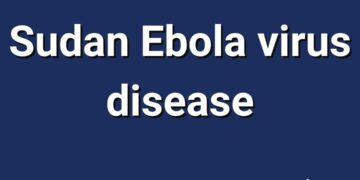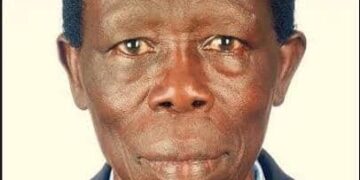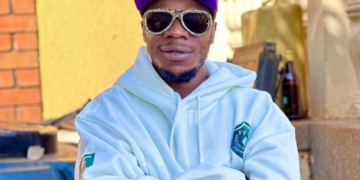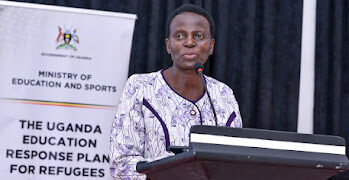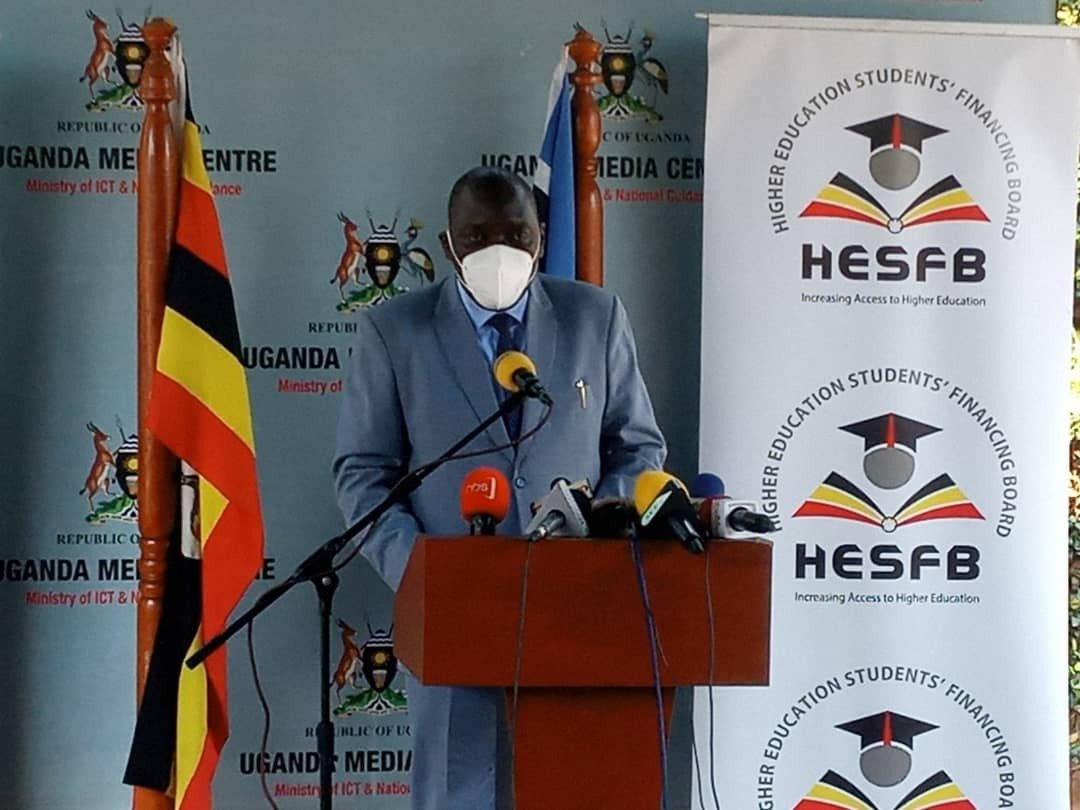The US, South Africa and European Union will temporarily stop the rollout of the Johnson & Johnson (J&J) COVID-19 jab, after reports of rare blood clotting.
It follows similar cases after doses of the AstraZeneca vaccine, which prompted curbs to its use.
The FDA said it was recommending the temporary pause “out of an abundance of caution”. It confirmed that one patient died from blood clotting complications, and another is in a critical condition.
Six cases were detected in more than 6.8 million doses of the vaccine, the US Food and Drug Administration (FDA) said.
All six cases were in women aged between 18 and 48, with symptoms appearing six to 13 days after vaccination.
Following the advice, all federal sites in the US have stopped using the vaccine until further investigations into its safety are completed. State and private contractors are expected to follow suit.
The US has by far the most confirmed cases of Covid-19 – more than 31 million – with more than 562,000 deaths, another world high.
Johnson & Johnson has paused its EU rollout, which started this week.
What you need to know about J&J vaccine safety:
Johnson & Johnson is a US health care company, but the vaccine was developed mainly by its pharmaceutical branch in Belgium, and is also known as Janssen. Unlike some of the other jabs, it is given as a single shot and can be stored at normal refrigerator temperatures, making it easier to distribute in hotter climates or more remote areas.
While many countries have pre-ordered millions of doses, it has only been approved in a few nations.
It was cleared for use in the US on 27 February, but the Pfizer-BioNTech and Moderna vaccines have been used more widely. The J&J vaccine has been administered to nearly seven million people in the US, which is around 3% of the total immunizations given so far.
Dr Anthony Fauci, the country’s top Covid adviser, said it was too early to comment on whether it could have its authorization revoked.
South Africa, which was the first country to administer the vaccine, has also paused its use, although no cases of blood clots have been reported in the country.
South Africa has given more than 289,000 doses of the J&J vaccine to the country’s health workers without any reports of rare blood clots, Health Minister Dr. Zweli Mkhize told reporters.
He said South Africa was halting the use of J&J jabs “out of an abundance of caution” and expected that questions over the J&J vaccine should “be cleared within a matter of days.”
Mkhize said “in the unlikely event” that the J&J vaccines are permanently halted, South Africa would continue with its vaccination campaign in May using doses from Pfizer-BioNTech.
The jab became the preferred vaccine there after studies showed it had a higher protection rate against the South African variant than other jabs.

















